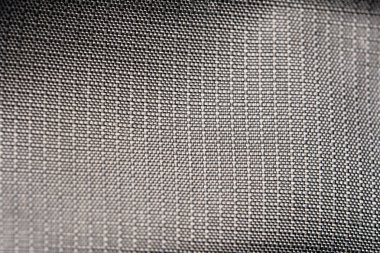In the article “The Art and Science of Seat Design – Introduction to Technical Textiles,” the evolution and significance of technical textiles are explored. A vital role in this field is played by companies, contributing to the development of specialized textile materials tailored for scientific functions and industrial applications.
Throughout history, textiles have been integral to human civilization, transitioning from basic drapes of leaves to sophisticated fabrics embedded with electronic chips. The growth of textiles paralleled advancements in science and technology, leading to the emergence of technical textiles in the 19th century. These textiles, also known as industrial textiles or performance textiles, serve diverse purposes beyond clothing and interior decoration.
Specializing in the production of technical textiles designed for specific scientific functions and industrial applications, the company offers a wide range of products. From filters and conveyor belts to electronic components and insulation materials, their expertise spans various sectors, including medical, hygiene, automobiles, sports, construction, and agriculture.
Technical textiles are defined as textile materials created primarily for scientific functions and industrial applications rather than aesthetic appeal. These products are engineered with specific fibers, yarns, and finishes to meet well-defined end-uses, such as medical textiles or cloth textiles with antimicrobial or fragrance finishes.
Click here to learn more about Acme Mills’ capabilities or products.
Article with all rights reserved, courtesy of inflibnet.ac.in
Photo with all rights reserved, courtesy of depositphotos.com










